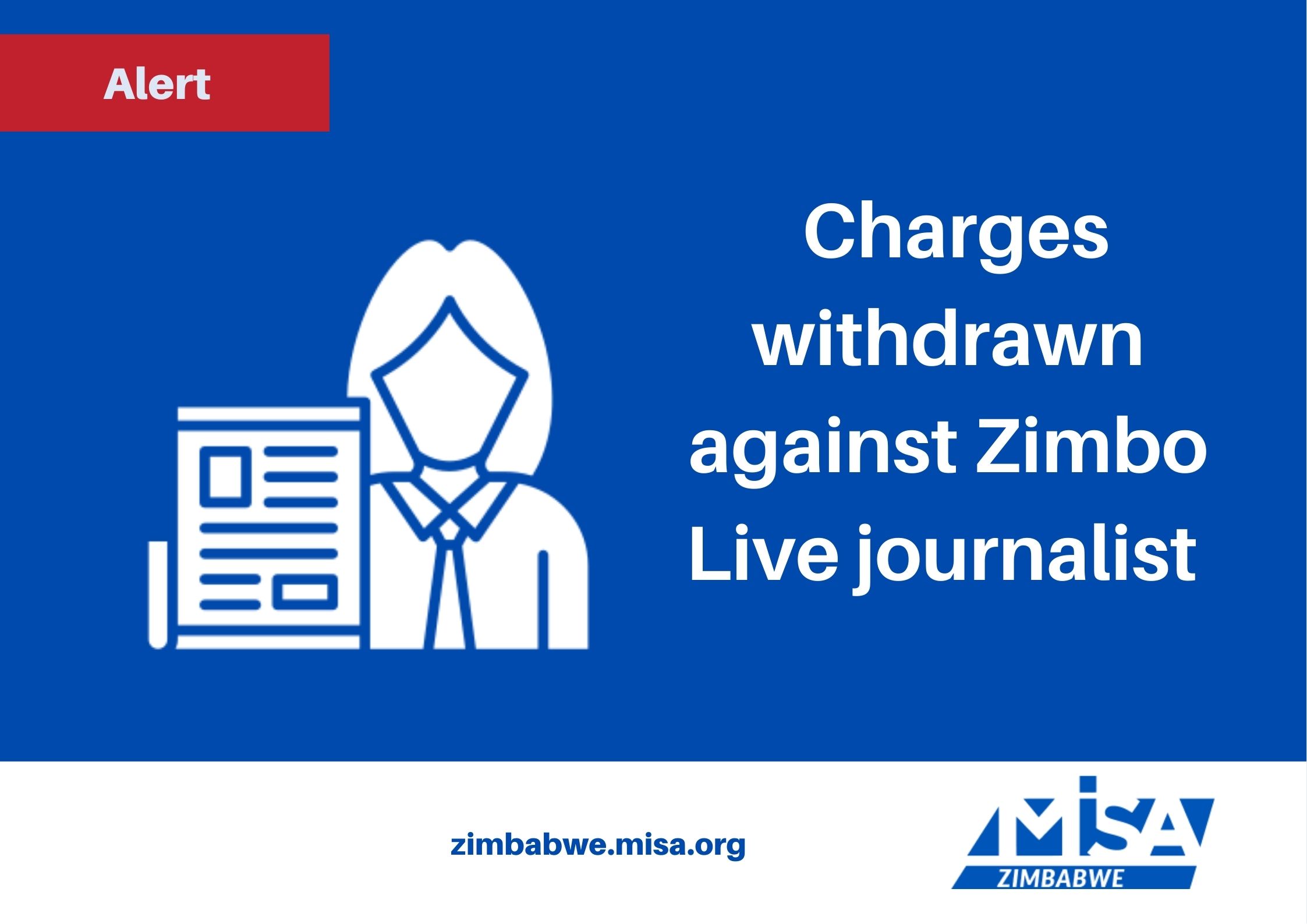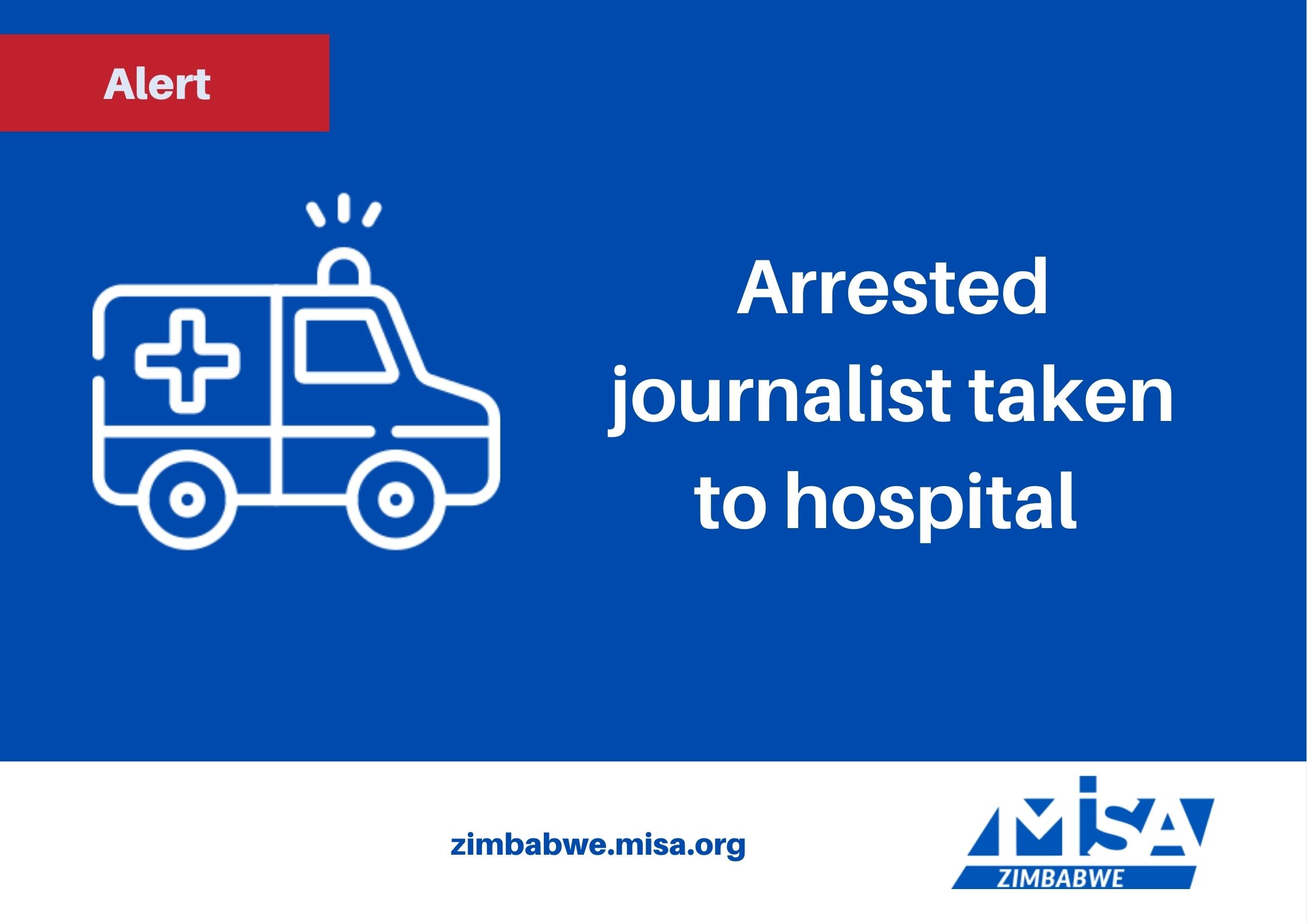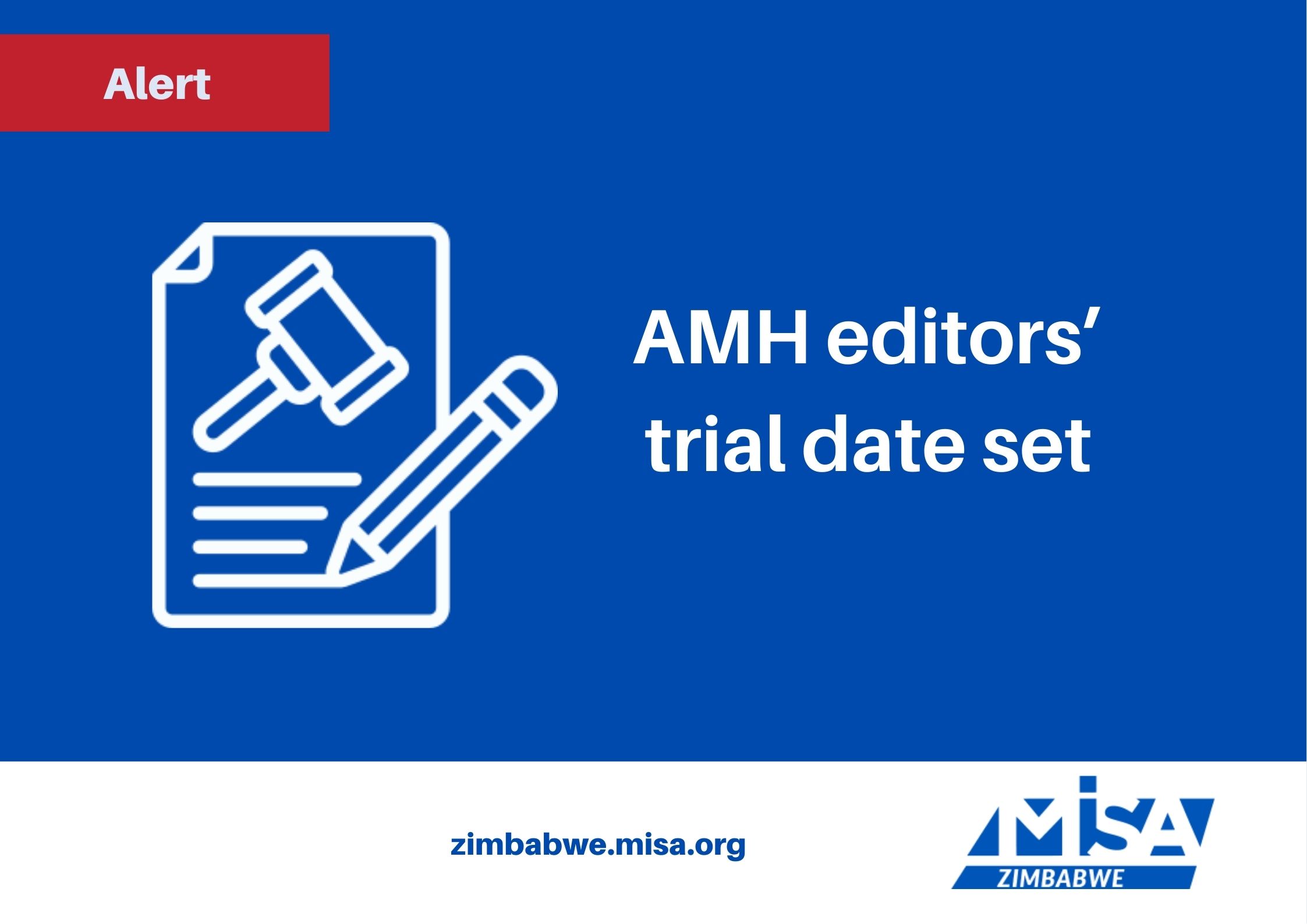
6 June 2022
His Excellency Jakaya M Kikwete
Chairperson
SADC Panel of Elders
Embassy of the United Republic of Tanzania
Ujamaa House, 23 Baines
Harare
Zimbabwe
RE: FREEDOM OF EXPRESSION & CONFLICT RESOLUTION
The Media Institute of Southern Africa (MISA), by virtue of this letter, proffers its sincere greetings and compliments to you on your appointment as the Chairperson of the Southern African Development Community (SADC) Panel of Elders (PoE) together with the esteemed members of the august advisory body on political and conflict resolution issues in the region.
Your Excellency, your appointment to chair this mechanism in the region comes at a critical time for both the Southern African region and the African continent as a whole and more so as it pertains to the media freedom environment and the safety and security of journalists.
It is in this regard, Your Excellency, that the MISA Regional Office, drawing from its expertise on free expression, media freedom, and access to information, humbly stands ready in offering its support as a critical resource in the discharge of your esteemed mandate and strides towards a peaceful and amicable conflict resolution regime in our region.
In saying this, MISA Regional Office is fully aware of your astute leadership and indelible footprints and those of your predecessors in the struggles for a prosperous and free African continent generally and the SADC region specifically.
We, therefore, stand ready in offering our assistance to your advisory body towards fulfilling the objectives of the journey of your generation, which took up arms as a bold step towards the surgical reconfiguration of our existence as a people of Africa in claiming the inalienable rights enjoyed by the rest of the human race.
These rights are now part of our own African instruments and protocols borne out of the necessity to further entrench our collective aspirations for socio-economic stability, peaceful co-existence, unity of purpose, freedom, and prosperity.
These African instruments and protocols include among others:
- African Charter on Human and Peoples’ Rights
- Windhoek Declaration 1991
- Windhoek Declaration +30
- Declaration of Principles on Freedom of Expression and Access to Information in Africa
- African Charter on Broadcasting
- African Commission on Human and Peoples’ Rights Model Law on Access to Information in Africa
- African Charter on Democracy Elections and Governance
- African Declaration on Internet Rights and Freedoms
Your Excellency, let me also take this opportunity to bring to your attention, key issues that we are grappling with as a region as far as freedom of expression, access to information and media freedom are concerned.
According to the Reporters Without Borders 2022 World Press Freedom Index, several Southern African countries recorded sharp declines in their rankings compared to the previous year.
For example, Botswana, one of the countries which had a long democratic standing in the region, fell from number 38 in 2021 on the global rankings to 95 in 2022, a worrying drop of
57 places in a single year. Malawi fell from 62 to 80.
In 2021, Botswana, Malawi and Zambia positively scaled the ladder, raising high hopes for the increasing number of shining examples in the region. Sadly, this hope did not last for too long.
This year, of the three countries highlighted, only Zambia maintained its momentum.
MISA is, thus, concerned with this unfolding and disheartening trajectory.
We also write to bring to your attention, Your Excellency, the challenges posed by Internet Shutdowns. In our view, this is the most calculated assault on the right to access to information and expression as outlined in the Declaration of Principles on Freedom of Expression and Access to Information in Africa which provides for the Internet as a human right.
Trends in 2021 showed beyond doubt that regional governments are increasingly resorting to shutting down the Internet whenever they are in what we can describe as uncomfortable situations.
In 2021, three countries shut down the internet, namely, the Democratic Republic of Congo on March 21, during presidential elections and the Monarch of Eswatini twice on June 29 and October 15 in response to protests.
The Zambian government shut down the internet on August 12 during the general elections. Globally, these were some of the 14 governments that resorted to shutting down the internet in response to internal pressures.
Your Excellency, another cause for great concern is the propensity of Southern African governments to resort to fake news laws. The fake news regulations which started with South Africa, triggered similar laws in Botswana, Zambia, Eswatini and Namibia, among others, in the year 2020.
These laws were promulgated on the backdrop of the outbreak of the COVID-19 pandemic.
To this day they remain firmly entrenched in statute books of the respective member states.
MISA is further concerned with the seeming regional consensus on the need to snoop on the Internet without much attention and due regard to the enjoyment of fundamental human rights, particularly the protection of citizens’ right to privacy.
Your Excellency, we would also like to bring to your attention the need for SADC governments to ensure the region’s cyber security regulations are informed and guided by the revised principles of the ACHPR Declaration of Principles on Freedom of Expression and Access to Information which recognise the Internet as a fundamental right.
Further, new proposed laws such as the Private Voluntary Organisations (PVO) Amendment Bill and the mooted Patriot Bill in Zimbabwe, have the potential of sounding the death knell for freedom of expression.
The government of Malawi is also in the process of coming up with an NGO legislation, with the potential to further shrink the civic space in that country.
Your Excellency, it is our humble submission that the afore-stated issues serve as early warning signs of the issues that fall within the mandate of your esteemed advisory body towards facilitating for mitigation of possible conflicts and further strengthening the agenda of a peaceful and prosperous region.
We look forward to hearing from you and engaging with you more on the work we are doing to promote media freedom, freedom of expression, access to information and citizens’ right to privacy in Southern Africa.
Kindly accept our sincere best wishes as you assume your esteemed regional assignment and immense responsibilities as Chairperson of the SADC Panel of Elders.
Yours Sincerely
![]()
Golden Maunganidze
Chairperson
MISA Regional Governing Council
MISA is a regional non-governmental organisation with members in 8 of the Southern Africa Development Community (SADC) countries. Officially launched in September 1992, MISA focuses primarily on the need to promote free, independent, and pluralistic media, as envisaged in the 1991 Windhoek Declaration.
Enquiries:
MISA Regional Secretariat
Harare, Zimbabwe
Tel/Fax: +264 242 776 165/ 746 838
Email: misa@misazim.co.zw
cc: SADC Chairperson, His Excellency President Lazarus Chakwera
cc: SADC Executive Secretary His Excellency Elias Magosi
cc: Africa Union Chairperson, His Excellency President Macky Sall
cc: AU African Governance Architecture, Ambassador Salah S Hammad
cc: ACHPR Special Rapporteur on Freedom of Expression and Access to Information
Commissioner Ourveena Geereesha Topsy-Sonoo
cc: UN Special Rapporteur on Opinion and Expression Ms. Irene Khan













